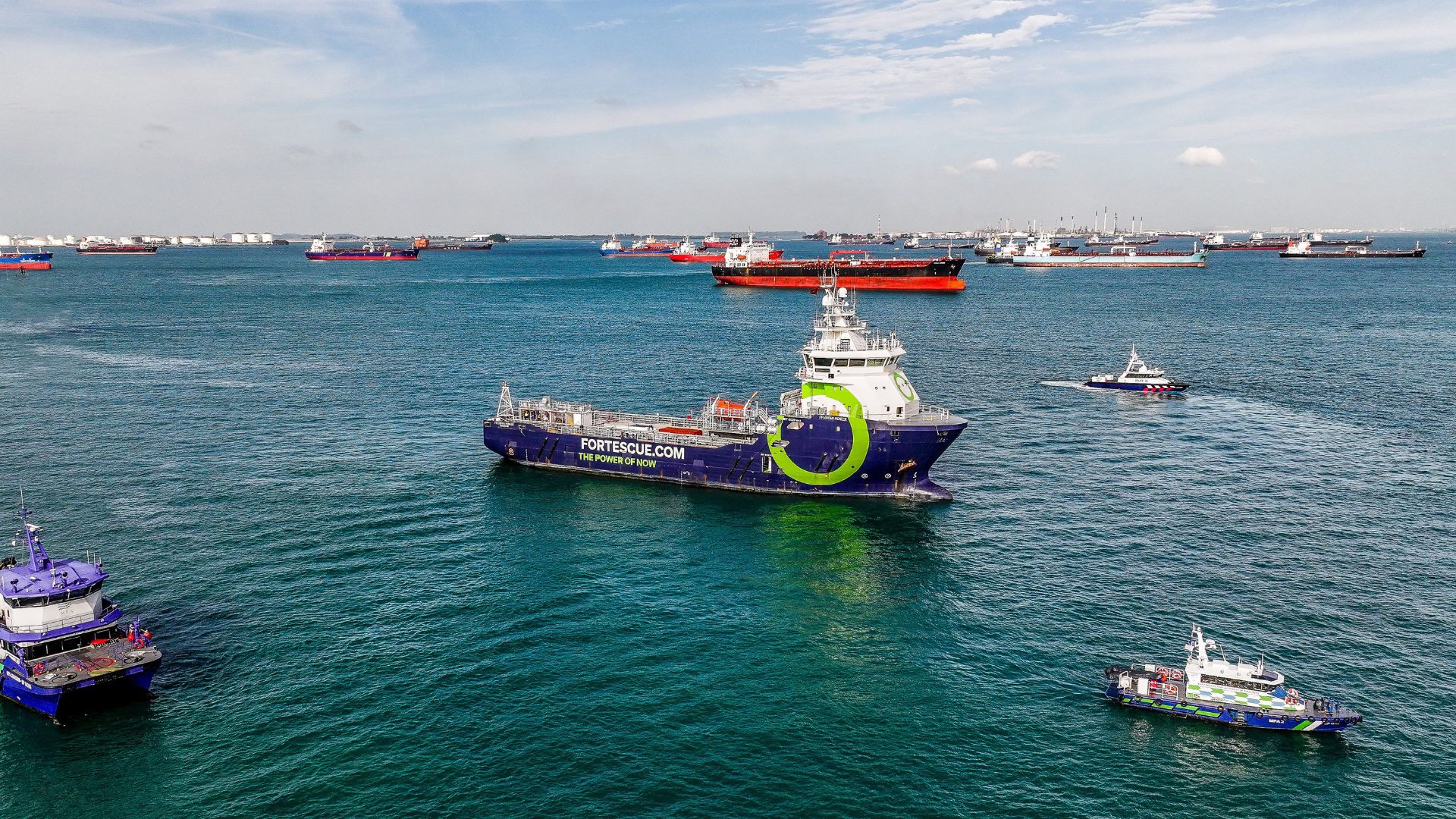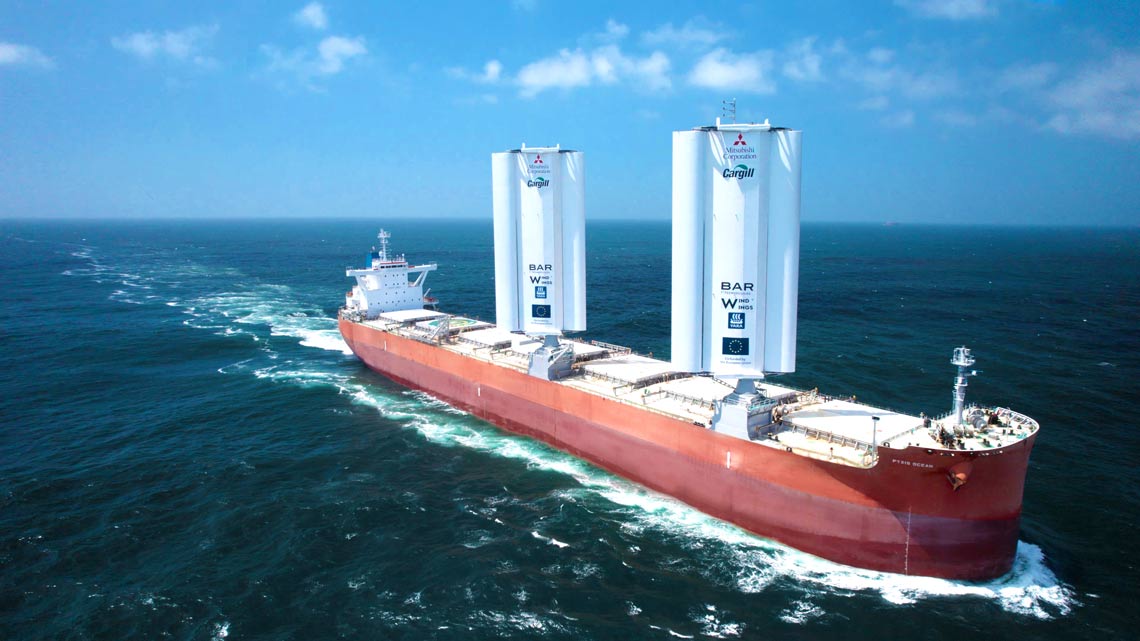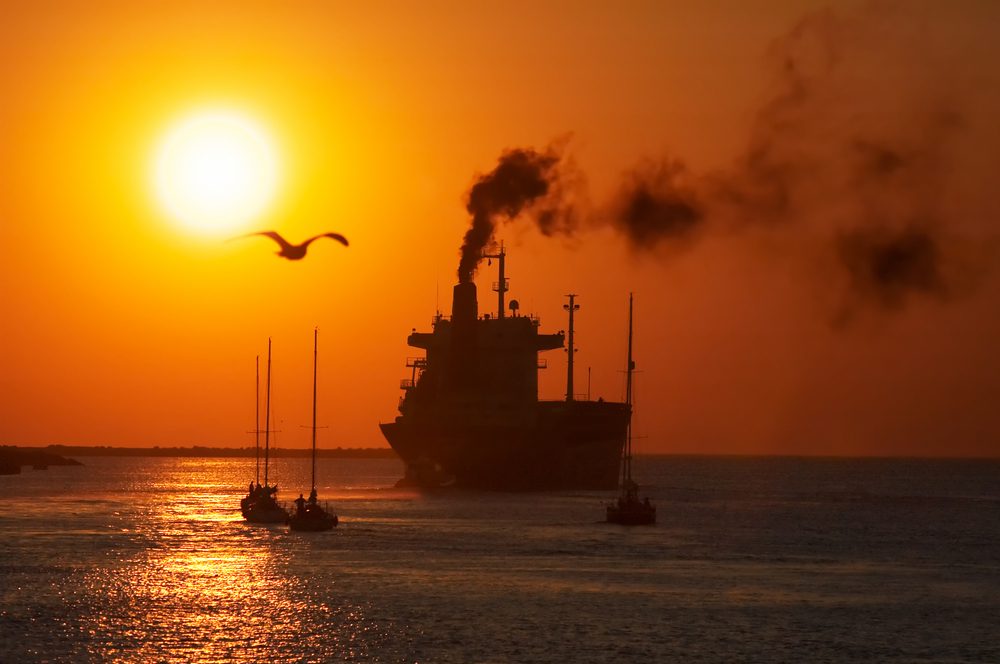The International Maritime Organization (IMO) Headline Conference gathered over 700 senior maritime leaders in London on Wednesday to address the competing forces shaping the future of global shipping under the theme “The Management of Paradox in Global Shipping.”
Held during London International Shipping Week (LISW25), the conference examined critical tensions facing the industry – balancing decarbonization with economic growth, ensuring resilience amid geopolitical fragmentation, and navigating regulatory frameworks in an increasingly complex global landscape.
IMO Secretary-General Arsenio Dominguez opened the event, followed by First Sea Lord General Sir Gwyn Jenkins, who emphasized collaboration: “By sharing intelligence, supporting resilience planning, and ensuring the safe passage of commercial vessels, we can help foster a maritime environment where trade thrives and risks are effectively mitigated.”
UK Shipping Minister Keir Mather MP announced plans to reverse “systemic underinvestment fuelled by short-term political choices” through £1.1bn in maritime sector funding, including the SHORE Programme for decarbonization projects and shore power infrastructure.
With the IMO net zero target scheduled for further discussion next month, industry experts debated establishing a globally binding carbon price. Speakers stressed the importance of multilateral agreements while acknowledging challenges including slow adoption of energy-saving technologies and the impact of shadow fleets.
Mikael Boe, Chairman & CEO of Core Power, highlighted nuclear propulsion as a potential solution: “We are now facing the possibility of having civil maritime nuclear propulsion of large vessels. These ships are faster, they carry more cargo, they don’t emit anything and could effectively plug into ports and help power them.”
The conference also addressed digital transformation and seafarer welfare. Karrie Trauth, EVP and Global Head of Shipping & Maritime at Shell, warned about the industry’s workforce challenges: “The reality is, if we lose even the seafarers we have today, without attracting any more to the industry, none of us wins.”
Reflecting on the First Sea Lord’s statement that “stability is a fiction,” participants acknowledged that the industry’s success depends on embracing risks and opportunities rather than seeking an unattainable stability – a fitting conclusion as shipping navigates its complex transition toward sustainability and technological advancement.
Editorial Standards · Corrections · About gCaptain

 Join The Club
Join The Club











